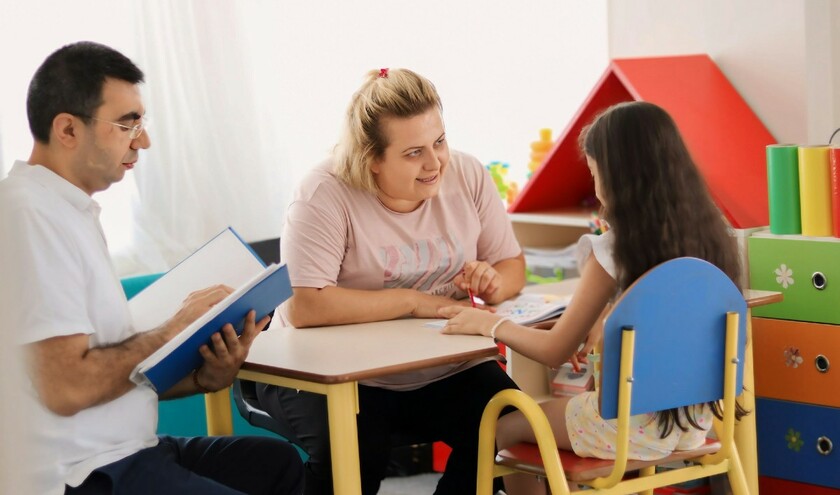The draft guideline aims to address variation in care provided in hospital and community settings by recommending healthcare professionals take a multidisciplinary approach to rehabilitation for chronic neurological disorders, including acquired brain injury, based on a holistic assessment of each person's needs. This could involve physical, occupational, speech, and cognitive therapies, as well as psychological support and vocational counselling.
In the UK, an estimated one in six people, or 16.5 million, live with a neurological condition, including acquired brain injury.
Professor Jonathan Benger, chief medical officer and interim director of the Centre for Guidelines at NICE, said: ‘Without consistent rehabilitation support, people can experience unnecessary decline in their condition and quality of life. This useful and useable guideline will help ensure everyone receives the ongoing care they need to maintain independence and wellbeing.'
Another key recommendation in the draft guideline is for there to be a single point of contact for people with chronic neurological disorders, including ensuring there are complex case managers within each of the 42 ICBs in England. These specialists would co-ordinate care across health, social care, and third-sector organisations, ensuring people receive the rehabilitation services they need.
Other draft recommendations include:
- Improving assessment and referral pathways, including re-referral for those with changing needs, so GPs and other healthcare professionals know how and when to send people back to specialists.
- People with chronic neurological disorders, their families and carers know how they can access rehabilitation services in their area.
Dr Ian Bernstein, chair of the independent NICE guideline committee, said: ‘This draft guideline highlights how rehabilitation should be co-ordinated across health and social care, schools, employers and voluntary sector.
'For people with long-term neurological conditions, this means smoother transitions between services and less chance of falling through gaps in care – ultimately leading to better outcomes and improved quality of life.'
He added: 'The key to achieving integrated care are the recommendations to assign a single point of contact for people with long-term neurological conditions through their journeys.'
The draft guideline also recommends stronger collaboration between commissioners and service providers, and improved communication between health, social care, education, and employment organisations.
In response, Georgina Carr, chief executive of The Neurological Alliance, said: 'This new draft guideline recognises the variation people experience and provides an important opportunity to support access to consistent, quality services for everybody living with a neurological condition.
'We encourage the neuro community to engage with the draft, so the final guideline reflects the realities of living with a neurological condition."
The draft guidance consultation closes on 20 May, with the final guideline expected to be published later this year.



